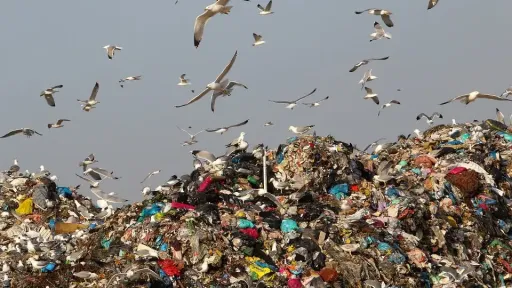Three steps to avert water crisis, save farmlands

The Ministry of Rural Development this week announced a threefold plan aimed at safeguarding irrigation systems, expanding access to water in key farming regions, and introducing a coordinated water governance model across Greece’s regions.
Agriculture in Greece accounts for 80-87% of total water usage, and prolonged periods of drought have placed enormous stress on the country’s aging irrigation infrastructure. Compounding the crisis is the increasing salinity of soil and groundwater due to over-extraction and seawater intrusion.
The first measure targets the country’s over 450 Local and General Land Improvement Organizations (TOEVs and GOEVs), many of which manage outdated systems from the 1950s. Burdened by millions in unpaid electricity bills, these bodies have struggled to maintain canals, pumping stations, and reservoirs. The ministry, in cooperation with the Public Power Corporation (PPC), has initiated a debt restructuring program to keep the systems functional.
The second part of the plan includes the construction of dams, reservoirs, and modern underground irrigation networks across four key agricultural regions: Thessaly, Crete, the Peloponnese, and Eastern Macedonia. Projects currently under way will expand irrigated land by more than 286,000 stremmata (70,000 acres), including new infrastructure in Karditsa, Larisa, Messinia and Lasithi.
Finally, the government is establishing regional water management authorities, with Thessaly serving as a pilot model. These bodies aim to rationalize water distribution, prevent overlapping jurisdictions, and ensure better coordination between municipalities and regional governments. Currently, inconsistencies in local governance have led to inefficient use and poor water planning.
Recent data from Greece’s anti-desertification committee reveal that 83% of the country is at medium to high risk of desertification, with central and southern regions most vulnerable.
Kathimerini

